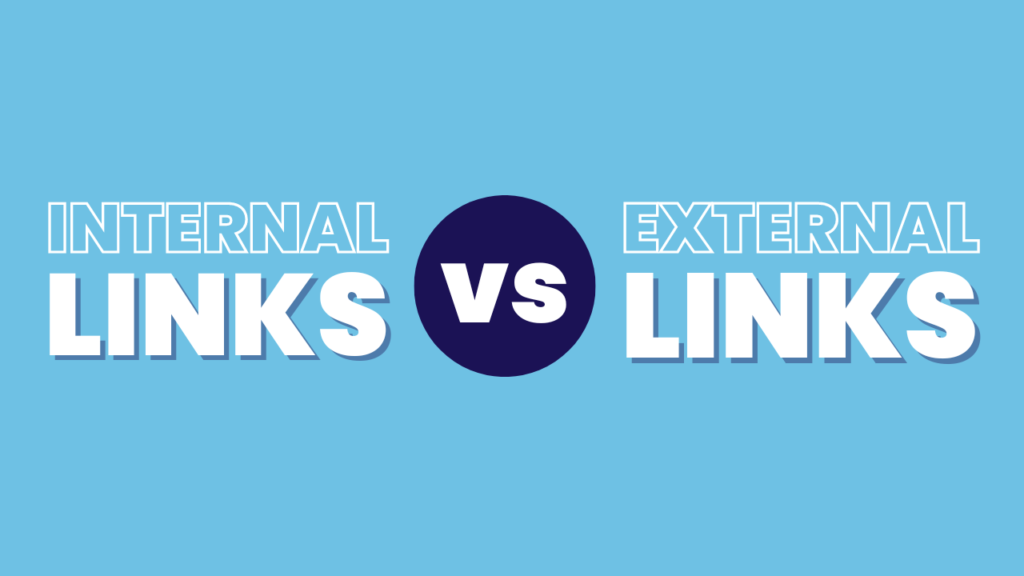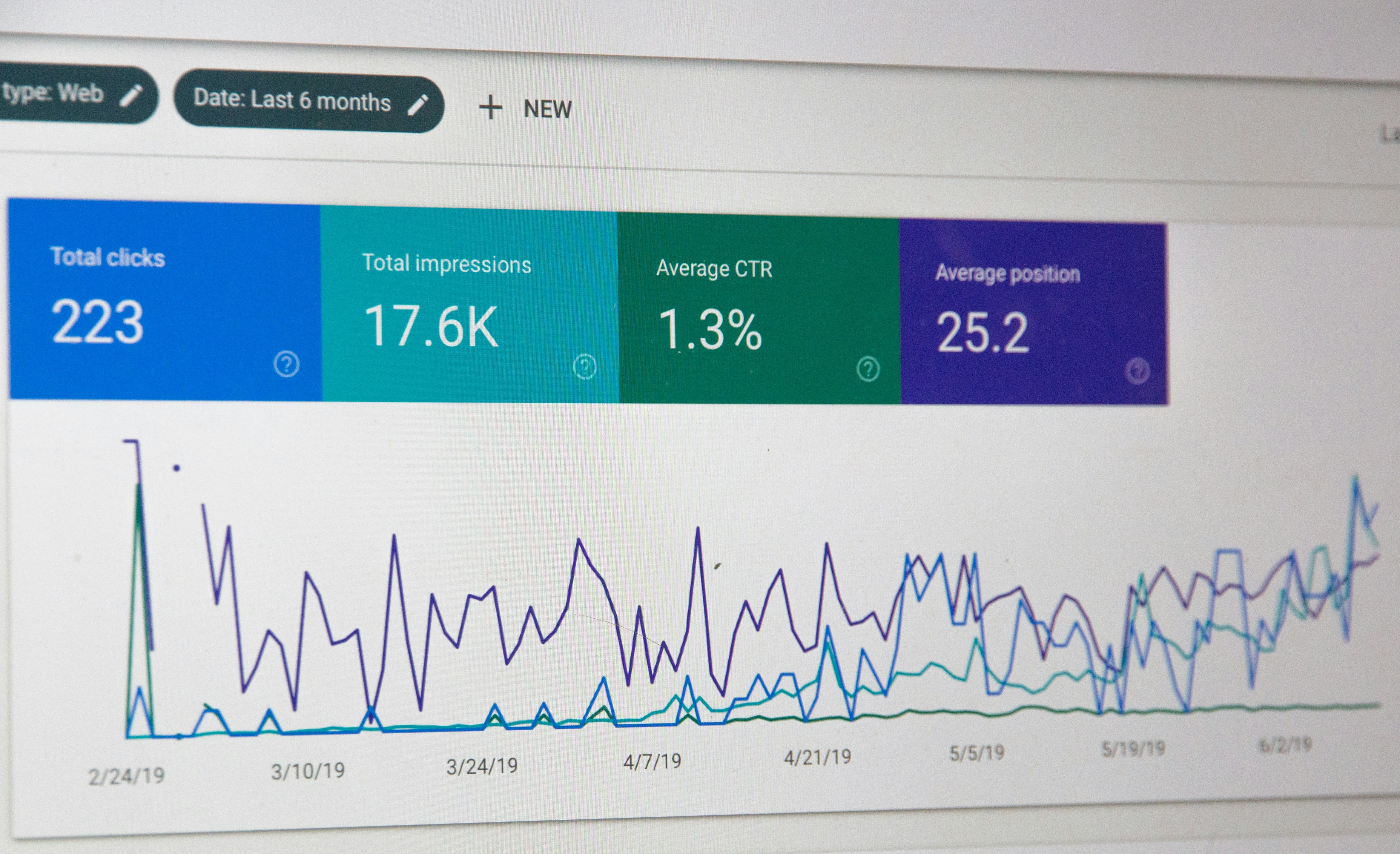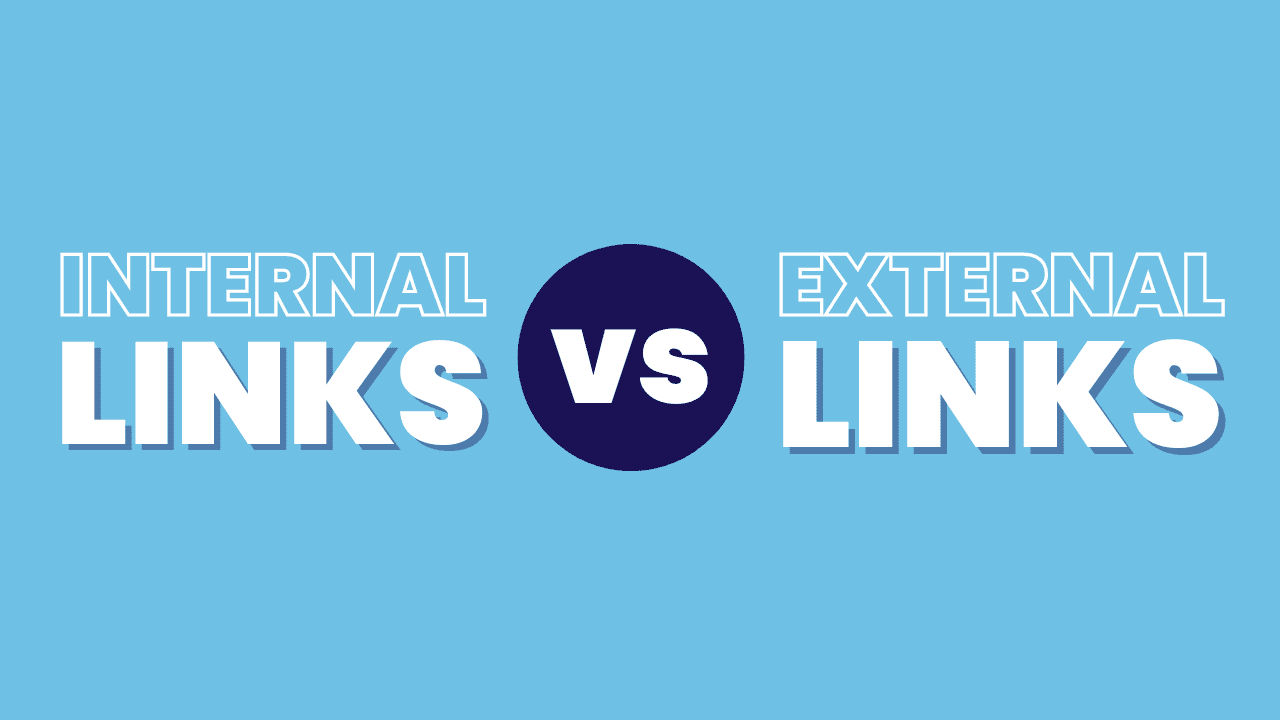You’re here because you want to know the deal between internal links vs external links and how they play into your SEO strategy.
Let’s cut to the chase.
Internal links are the ones you use within your website to connect one page to another.
Think of them as the veins of your site’s architecture.
They help users navigate, and they spread the link equity (or link juice) around your site.
But that’s not all.
Internal links also tell Google which pages are important. The more you link to a page, the more important it seems.
Now, what about external links?
These are the links from your site to another site.
When you link out to credible sources, it shows you’re well-researched.
Google likes that.
External links help build trust and authority.
Whether internal or external, links play a crucial role in improving your Domain Rating or Domain Authority, which are essential for your SEO success.
But there’s more to this story, so stick with me.

What Are Internal Links?
Internal links are like the backbone of your website.
They help users and search engines move around your site.
When done right, they can boost your SEO.
But how?
Here’s the scoop:
- Improved Navigation: Internal links make your site easier to navigate. Visitors stick around longer because they find what they need quickly.
- Spread the Link Juice: Internal links share the link equity across your site. If you have a high-authority page, link it to other important pages to boost them.
- Help with Crawlability: Google uses internal links to crawl and index your site. If a page has no internal links, it’s like it doesn’t exist for Google.
Internal linking is not just about SEO. It’s about creating a smooth user experience.
And that’s something Google rewards.
What Are External Links?
Now let’s talk about external links.
These are the links that point from your website to another.
Here’s why you shouldn’t ignore them:
- Building Credibility: Linking out to authoritative sources makes your content more trustworthy. Google sees this as a positive sign.
- Enhancing Authority: When you link to reputable sites, it signals to Google that you’re connected with quality content. This can boost your site’s authority.
But there’s a catch.
Overdoing external links can be harmful.
You don’t want to link out too much and lose your audience or link juice.
It’s all about balance.
Key Differences Between Internal and External Links
So, what’s the difference between internal links vs external links?
- Link Equity: Internal links distribute your link equity within your site. External links pass some of that equity to other sites.
- User Experience: Internal links improve user experience on your site. External links can drive users away if not used wisely.
- SEO Impact: Internal links help with indexing and ranking within your site. External links help build authority and trust with Google.
You need both but for different reasons.

Best Practices for Internal Linking
Want to master internal linking?
Here’s how you do it:
- Use Descriptive Anchor Text: Your anchor text should tell users (and Google) exactly what the linked page is about.
- Link to Important Pages: Don’t just link to any page. Focus on linking to the pages you want to rank higher.
- Keep a Logical Structure: Your internal links should follow a logical structure. This makes it easier for users and search engines to follow.
Internal linking is like setting up a roadmap on your site.
The clearer the roadmap, the better the results.
Best Practices for External Linking
When it comes to external linking, less is more.
Here’s how to do it right:
- Link to High-Authority Sites: Only link to reputable sites. This boosts your credibility.
- Use Relevant Anchor Text: Make sure the anchor text is relevant to the content you’re linking to.
- Avoid Linking to Competitors: You don’t want to send traffic to your competition. Choose your external links wisely.
Remember, external links are about building relationships and authority, not just SEO.
Which Type of Link Should You Prioritize?
Now, let’s get to the big question: which should you prioritize?
Here’s the truth:
You need both.
- For Navigation and SEO: Focus on internal links. They help with crawlability, indexing, and keeping users on your site.
- For Authority and Trust: Use external links. They help build credibility and show you’re well-researched. External linking strategies like niche edits and guest posts can significantly influence your site’s authority and visibility
But don’t overdo it.
The key is balance.
Use internal links to guide your users and external links to build your authority.
It’s not one or the other—it’s both.
And that’s how you win at SEO.
- Guest Posts vs Niche Edits: Which Link-Building Strategy Wins? - September 1, 2024
- Internal Links vs External Links: Which is More Important for SEO? - September 1, 2024
- Domain Rating vs Domain Authority: The Ultimate SEO Battle - August 30, 2024


